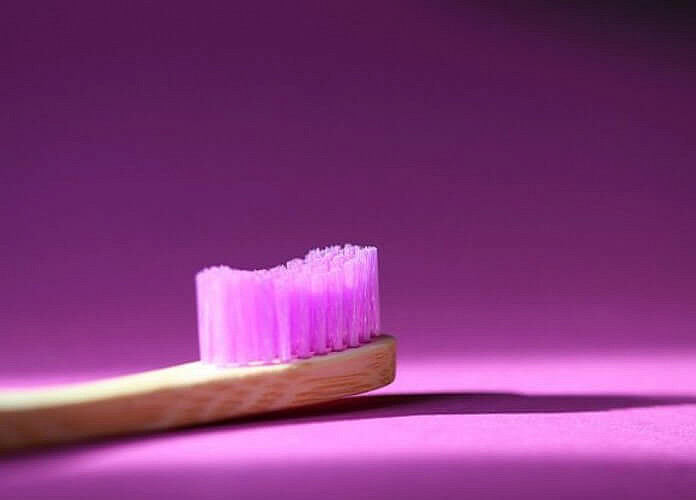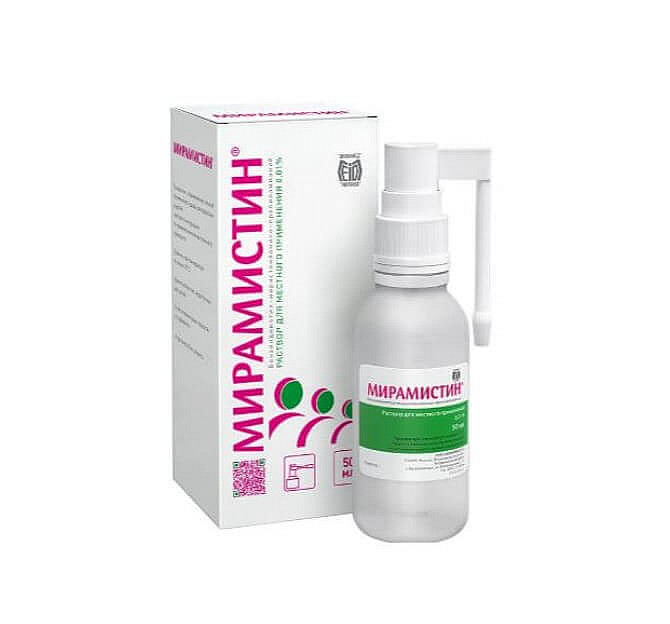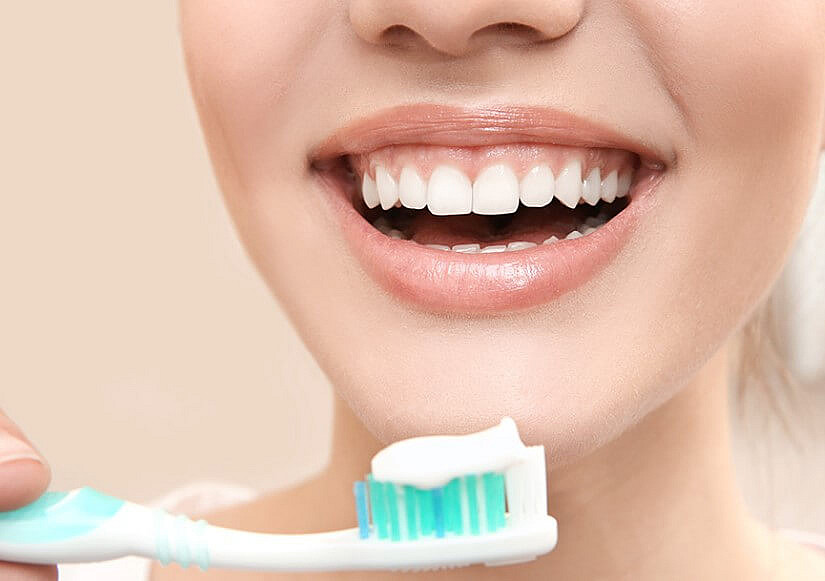Rules for brushing teeth
Proper oral care begins with regular brushing. It is important to remember 10 key rules that will help to preserve the health of teeth and gums. These simple recommendations will prevent plaque and provide long-term protection.
Brush your teeth regularly
Experts say that one-time brushing a day is not enough to maintain oral hygiene. It is recommended that this process be given two to three minutes. Studies show that brushing teeth within three minutes removes 55% more plaque than a 30-second procedure.
Softness and technique: proper dental care
Many believe that the hard bristles of a toothbrush provide more effective cleaning and improve the health of teeth and gums. But this is a misconception. The Dental Association recommends using soft brushes to avoid gum damage during cleaning.
Specialists emphasize that the regularity of toothbrushing is more important than the rigidity of the brush. Even the highest quality brush will not protect against tooth decay unless you brush your teeth twice a day.

How to brush your teeth?
Tilt the brush so that the bristles are at a 45-degree angle to the surface of the teeth.
Move the brush away from the gums and toward the edges of the teeth in a gentle circular motion. Repeat for each tooth.
Then move the brush vertically and follow the same sweeping motions on the inside of the teeth.
Complete the brushing with short forward and backward movements to clean the chewing surfaces of the teeth.
The importance of language care
The doctor emphasizes that cleaning the tongue is an essential part of oral hygiene. The tongue is exposed to food and bacteria may grow on its surface.
You can use a toothbrush or a scraper to clean your tongue. It is important to be careful not to damage the delicate tissue.
Dental floss: additional care
Dental floss helps remove food residues and plaque from interdental spaces where the brush does not reach. Some threads are impregnated with an antibacterial composition, which makes them an effective means of preventing gum disease.
Regular use of dental floss helps maintain the health of teeth and gums.
Toothbrush replacement
Experts recommend changing the toothbrush every 3 months. Signs of wear include faded or deformed bristles. A brush should also be replaced after oral diseases.
This will help maintain the cleanliness and effectiveness of oral hygiene.
Mouth rinse
A rinse is an additional means of oral care. It is not a substitute for brushing teeth and flossing, but it can be useful for preventing plaque and inflammation of the gums.
Studies show that regular use of rinses can help maintain healthy teeth and gums.
Irrigator: your assistant in oral care
Irrigator - a modern device for dental care, which provides deep cleaning. It can effectively remove plaque and bacteria from hard-to-reach places where the usual toothbrush and floss cannot. This device is especially useful for people with braces, as it helps to maintain oral hygiene at a high level.
How to choose a toothpaste: tips for everyone
Choosing a toothpaste is an important step on the road to dental health. First of all, pay attention to your needs. If you have sensitive teeth, choose pastes marked "for sensitive teeth". Special whitening pastes are suitable for whitening, and refreshing ones for fresh breath. If you want to prevent gum disease, choose pastes with anti-inflammatory components.
Remember that proper oral care is not only about brushing your teeth, but also about using additional tools such as an irrigator and a suitable toothpaste. Regular use of these products will help to preserve the health of teeth and gums for many years.
Do not brush your teeth immediately after breakfast or dinner
Dentists recommend waiting one hour before brushing your teeth after eating or drinking acidic foods, as well as eating bread, including toast, pastries, dried fruits, and juices.
The fact is that while eating, acid is released in the mouth, which can soften the tooth enamel. Brushing your teeth immediately after eating can further damage your teeth. Therefore, it is better to wait 1 hour for saliva to naturally wash acid off the teeth.
If you can't wait that long, like after breakfast, experts recommend chewing gum without sugar right after a meal, and then brushing your teeth.


